Three Re- processes: remediate, reuse, recycle
November 08, 2012

a+t magazine number 39-40, Reclaim, classifies actions extracted from the projects into three Re- processes, which Javier Mozas defines in the introductory article as follows:
"... Of all the set of Re- processes whose aim is to once again intervene on the real world: redistribute, recycle, rebuild, reform, refurbish, remake, reinvent, remediate, renovate, reorganise, repair, restore, reinstate, reuse... (in alphabetical order), a+t has chosen three: remediate, reuse y recycle. The rest could be considered sub-processes of the forementioned or operations which more accurately define the same concept without adding any substance.
Remediate, Reuse and Recycle are processes on which the intensity of the programme, the diversity of uses and the recovery of elements intervene. The former give a name to the approach of taking actions on existing things and territories from open perspectives and cover issues with wide content such as: densification, hybridization and integration.
These three Re- categories proposed by a+t operate with the environment, with the uses and with the materials, and do so on three different scales. Remediate acts on a large scale, that of territory, and its main raison d’être is ecological regeneration. Reuse, on the medium scale, that of the building; it includes energy and efficiency issues as it focuses mostly on retrofitting technological systems which facilitate passing from one use to another. Recycle, on a small scale, that of material; it involves the theory of putting to use and breathing new life into elements and components which are reincarnated in a different body; its raison d’être is above all economic.
In these actions which form part of the Re- phenomena there is no final satisfaction stemming from process completion. They belong to endless cycles which contradict the feeling of permanence which has historically been granted to the “monument” as an object to be restored and preserved. They form part of cycles which do not seek to confront old and new, as their aim is for the magic of mixed uses, epochs, attitudes and technical solutions to emerge. When this magical effect takes place, all is justified, understood and enjoyed..."
RELATED POSTS
|


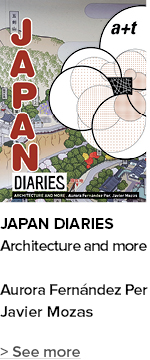



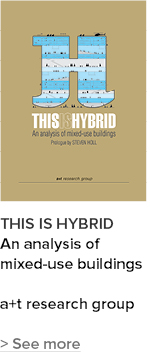
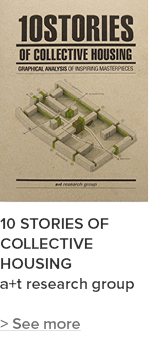
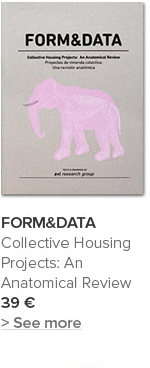



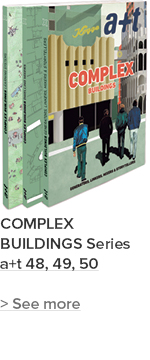

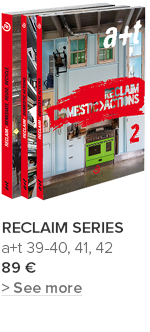
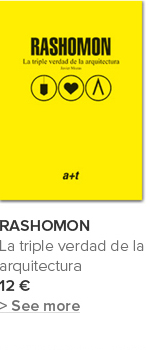
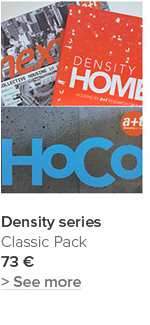

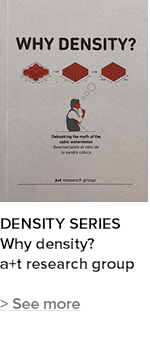





 I've read and agree to
I've read and agree to 


